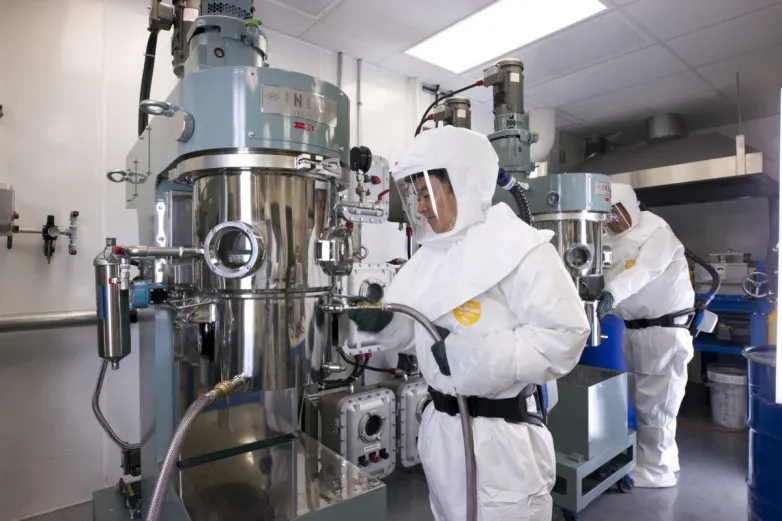Mercedes-Benz partner with Hydro-Québec for solid-state battery development
- The high-end car maker is banking on the prompt advancement of market-ready solid-state batteries. Mercedes will work with the Canadian research study institute to rapidly incorporate new innovation into field applications to cut development cycle times.

Carmaker Mercedes Benz has actually coordinated with Canadian battery product specialist Hydro-Qu ébec to establish solid-state batteries. The German company will utilize the batteries in its electric automobiles.
Hydro-Qu ébec’& rsquo; s Center of Quality in Transportation Electrification and Energy Storage has actually been leading research on innovative battery materials and brand-new battery technologies, including solid-state gadgets.
Now, in tandem with the German carmaker, the scientists wish to evaluate brand-new product under field conditions. The partner business believe an early-stage, real-world combination and trial stage of testing will speed up the development cycle. Joint research study activities will be carried out at Hydro-Qu ébec’& rsquo; s center of excellence in Canada and at the SCE France laboratory belonging to an Hydro-Qu ébec subsidiary.
Solid-state advantages
“& ldquo; The battery is a key element of our electric lorries,” & rdquo; said Jochen Hermann, VP for eDrive development at Mercedes. “& ldquo; Mastering their chemistry is, for that reason, a focal topic for Mercedes-Benz research and advancement. Solid-state batteries are expected to be a next essential innovation leap for e-mobility, indicating an alternative to today’& rsquo; s li-ion [lithium-ion] battery systems. The current improvements Hydro-Qu ébec researchers have made are really promising and we are eagerly anticipating the very first results of our joint development program.”
& rdquo; Hopes are high for solid-state batteries to make an industrial breakthrough. Using possibly higher energy density of more than 400 Wh/liter, more cycles at a decreased rate of deterioration and less weight, development is being mainly driven by vehicle companies. Solid-state batteries do not need the flammable electrolytes utilized in traditional lithium-ion batteries and could be far cheaper as they do not utilize cobalt.
However, market-ready gadgets have not emerged yet. Chinese battery giant Ganfeng –-- which holds a supply agreement with Volkswagen –-- in August announced prepare for a 100 MWh solid-state battery pilot assembly line.
Hydro-Qu ébec can boast 2019 patents associated to a brand-new electrolyte for lithium-ion solid-state batteries established by the University of Porto’& rsquo; s Maria Helena Braga and 2019 Nobel chemistry laureate John B Goodenough. The Canadian institution stated it will integrate the electrolyte into industrial solid-state batteries.
“& ldquo; The collaboration with Hydro-Quebec has supplied the critical technology development required for commercial production of copyright produced at The University of Texas at Austin,” & rdquo; stated Goodenough.
Also read

